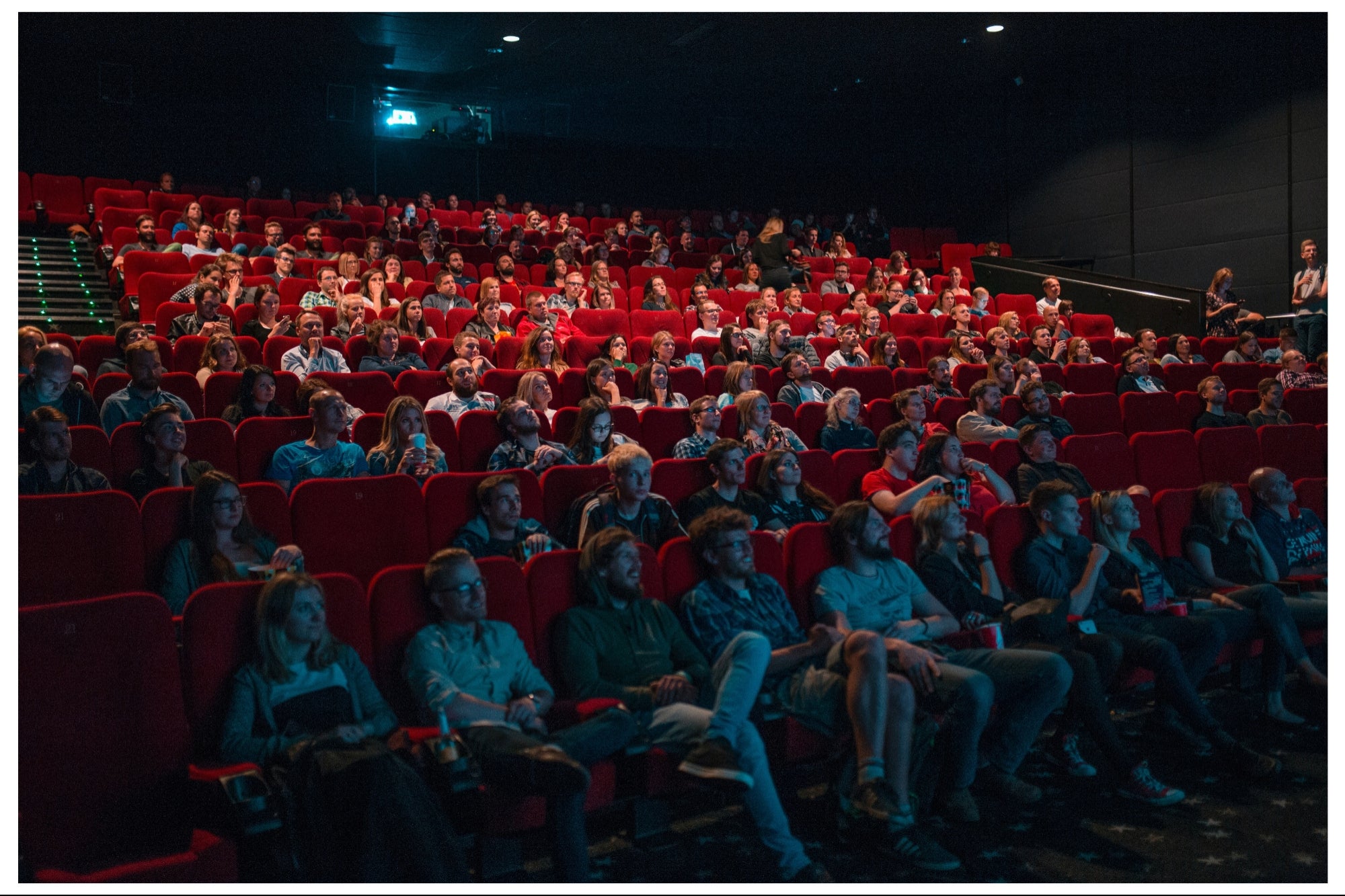OTT Platforms: Should They Be Regulated? Over the last few years, OTT platforms have completely revolutionised the entertainment scene all over the world, also leading to the democratizing of content.
Opinions expressed by Entrepreneur contributors are their own.
You're reading Entrepreneur India, an international franchise of Entrepreneur Media.

Over the last few years, OTT platforms have completely revolutionised the entertainment scene all over the world, also leading to the democratizing of content. What started off with Netflix initially, led to competitive platforms churning out quality content such as Amazon Prime, Sony Liv, Disney Hotstar+ and several others, leaving consumers spoilt for choice. But discussions are ripe over whether the golden age of OTT may be coming to an end soon, what with regulation and censorship doing the rounds.
To discuss all this and more, there was a virtual discussion on the Telecom Regulatory Authority of India's (TRAI) Consultation Paper on 'Regulatory Mechanism for Over-The-Top (OTT) Communication Services, and Selective Banning of OTT Services' (Consultation Paper).
With T.V Ramachandran, President, Broadband India Forum (BIF), Dhruv Garg, Legal and Policy Expert, All India Gaming Federation (AIGF) and Amol Kulkarni, Director (Research), Consumer Unity and Trust Society International (CUTS International) contributing to the discussion, a lot of key points came to light.
Ramachandran commented that the term OTT is very misleading and several years ago had gained negative connotations, but the right term for it is Content and Application Provision or CAP (The Bureau of European Regulators have suggested CAPS as the right word for OTT).
"There's no need to regulate OTTs in India, they are working well. India has one of the highest downloads in the world and we should let the system grow. They are already regulated under the IT Act, and multiple regulations are not called for. Bringing in another Ministry will only add one more area of regulation, increasing costs. TRAI and OTT\Telecom Providers are two entities with unique rights, so one's regulations should not apply to the other. We should not do things that would upset the system in India. The OTT sector is performing well, and we have something to be proud of," he had said.
Garg spoke about how the main area of concern is user rights and choice. When it comes to the Internet, it is about innovation, economic growth, net neutrality and fairness, with the Internet in India having always been affordable and accessible. "We have opened the internet servers since 2015, keeping it neutral, open, and like a common carrier. This concept has led to the emergence of over a hundred unicorns in our startup ecosystem, mainly in the internet or internet-enabled services and products. More than $60 billion in FDI has flowed into start-ups, particularly those related to the internet, in the last two years. The Internet has become an equalizer, impacting fundamental rights and providing knowledge, access, and services to people in cities and villages," he explained.
Commenting on gaming and also regulation, Garg said that the approach towards the internet needs to be looked at, especially when it comes to revenue sharing models, regulations and selective banning. "The multi-functional nature of the internet makes it impractical to classify and regulate it as telecom service. The network providers and OTTs have distinct characteristics, and sectoral regulation is not needed for OTTs. Gaming, for example, involves multiple apps and services, and overregulation could stifle innovation. We need to strike a balance between regulation and freedom to foster innovation and maintain the internet's open and equalizing nature," he said in order to illustrate his point.
Kulkarni, on the other hand, looked at regulatory and policy developments from a consumer point of view, saying that any regulatory change should result in the betterment of consumers. Consumers having to pay more means insufficiency, which is caused due to over-regulation. "There is evidence that the consumer prices are being increased and the quality of services being decreased. Consumers will be in a lose-lose situation if such new rules are implemented. There's a need to analyze if there is over-regulation of Telcos and whether there is a need to reduce them. It is imperative to pursue optimal regulation, which is in the interest of consumers," Kulkarni had said during the virtual meet.
So what turn will regulation and censorship take? Will the content quality be affected and will this also affect the OTT players? It would be a gradual process before the effects of this begin to show and we understand what all this would finally lead to.










